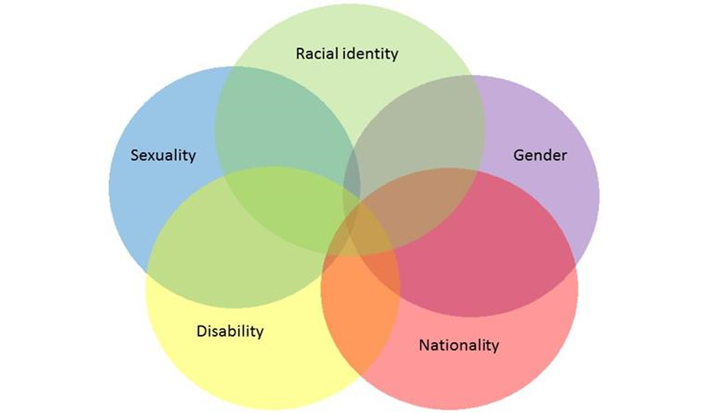We tried to understand what privilege is in the many contexts that it exists in the column last week. This week we will look at real life scenarios on how this plays out in professional and personal spaces. We carry our full selves to work and while the functioning of professional is different from that of the personal, we still are defined by our culture, our backgrounds and more and we bring that with us, just like our biases.
When we operate from a space of bias in context of privilege, which we often do unconsciously, we are negating a lot of voices and are being insensitive to what happens around us in terms of oppression. We cannot be participative allies if we do not understand intersectionality.
We are all in organisations and we have relationships with people who are vastly different from us and have different experiences and identities. Being sensitive to this can truly help nurture great teams and workplaces.
There is a tendency for people, society, institutes, and organisations to unconsciously pit groups of people against each other because they are not aware of their privilege and have not examined it or challenged it. We all operate from different realities because of our backgrounds and the way we experience the world. A broad-brush stroke approach to dealing with people will not work as we look at inclusion and sensitivity to all identities.
My belief systems can be based on experiences that are opposing opposites of that of my colleague. For me, ableism may not even have occurred as an issue whereas for someone with a certain kind of disability, their life has been built around that and their experience of it. Same with gender too. We cannot dismiss anyone based on our thought processes, opinions, judgments or personal experiences simply because we do not know from what space they are operating. This puts the onus on us to not operate from a space of privilege.
Healthy relationships build safe spaces of comfort for conversations around race, gender, age, orientation and create an egalitarian mechanism of functioning.
For us to examine, challenge and recognise privilege is hard and this needs incredible amounts of empathy. Candid relationships and conversations with people from different identities, backgrounds and experiences and being open to their views and perspectives will help us understand if and how we are treated differently and will help us level the playing field.
Let’s now get acquainted with intersectionality and what it entails when it comes to workplaces.
What is intersectionality and where did it stem from:
“Our experiences of the social world are shaped by our ethnicity, race, social class, gender identity, sexual orientation, and numerous other facets of social stratification. Some social locations afford privilege (e.g., being white) while others are oppressive (e.g., being poor). These various aspects of social inequality do not operate independently of each other; they interact to create interrelated systems of oppression and domination. The concept of intersectionality refers to how these various aspects of social location “intersect” to mutually constitute individuals’ lived experiences. The term itself was introduced by Kimberle Crenshaw in 1989, although intersectional understandings of the social world precede her work
Prior to being termed intersectionality, the concept of intersectional analysis emerged in a variety of contexts throughout the 1970s and 1980s….In North America, early intersectional discussion and writing was predominately the domain of racialized feminists. One of these early texts was the Combahee River Collective’s 1978 statement, where the Boston-based black feminist organization described their politics as committed to considering the multidimensionality of oppression.”
*Source – https://guides.rider.edu/privilege/intersectionality
In the next one in this series we will look deeper at intersectionality and how that plays out for organisations, teams and more.
The views and opinions published here belong to the author and do not necessarily reflect the views and opinions of the publisher.



Be the first to comment on "Privilege and Intersectionality"